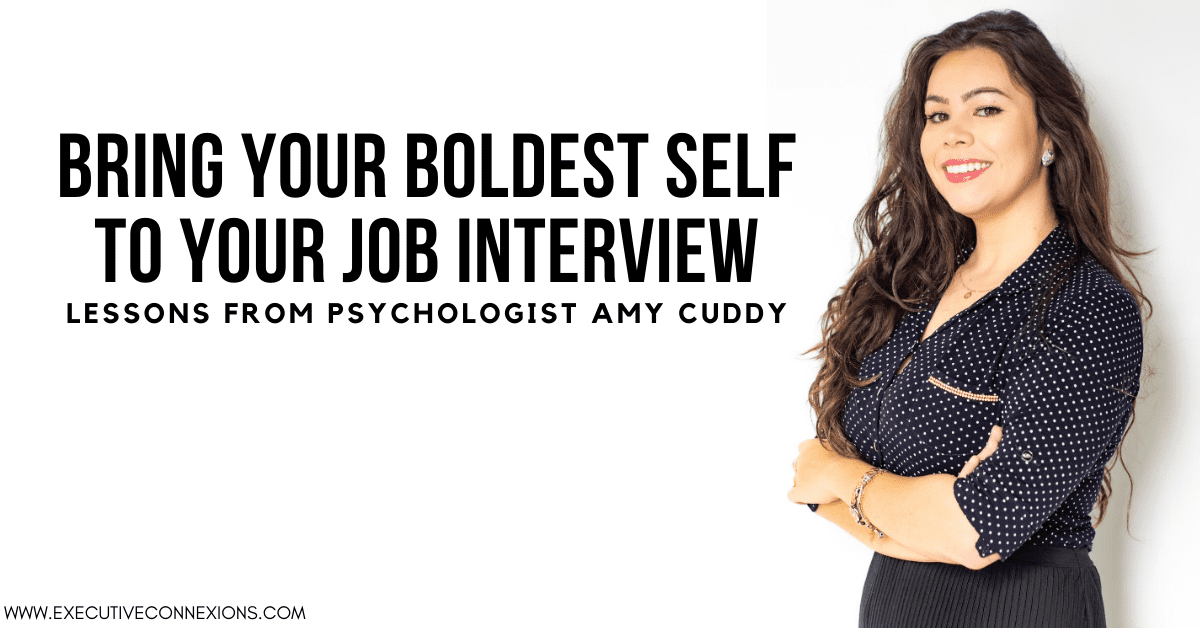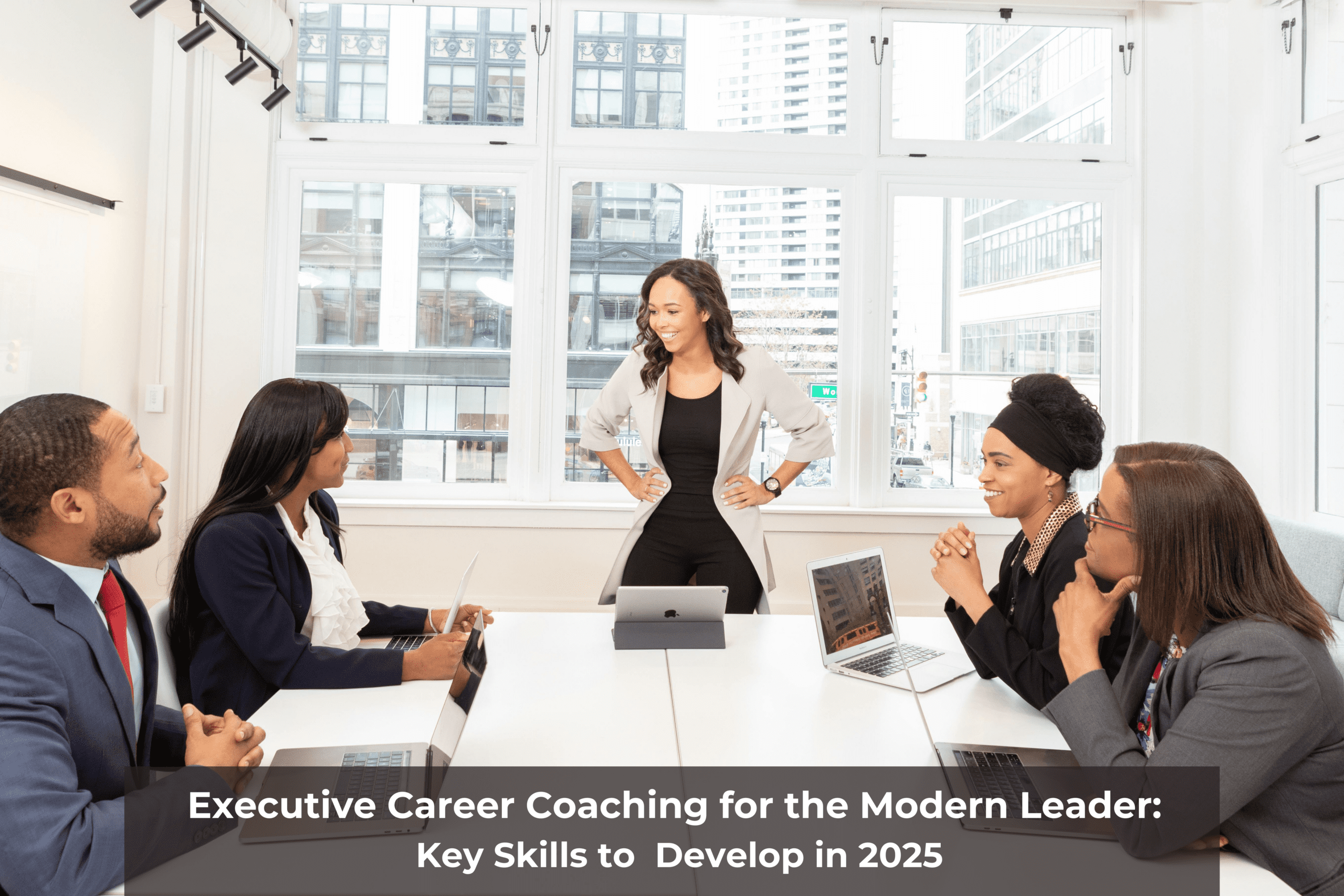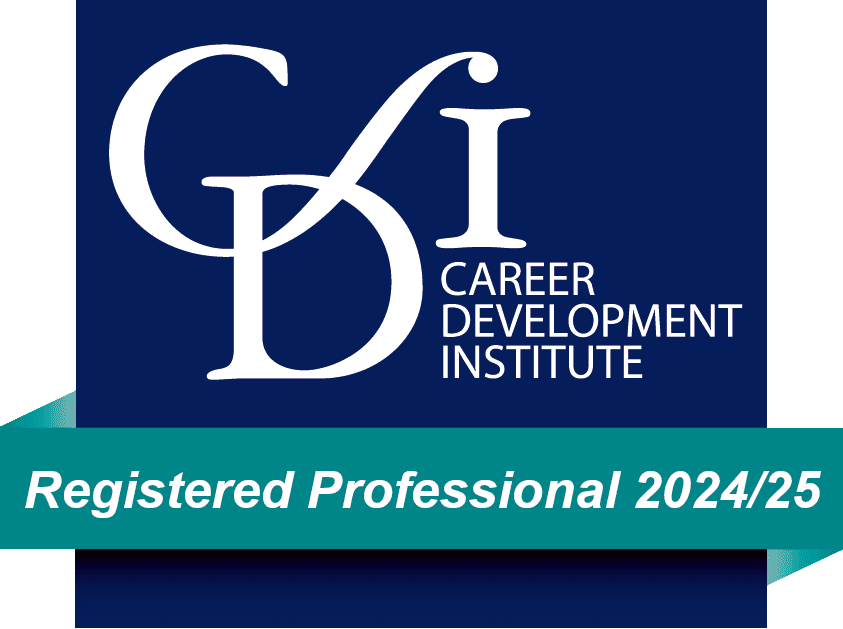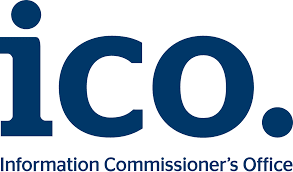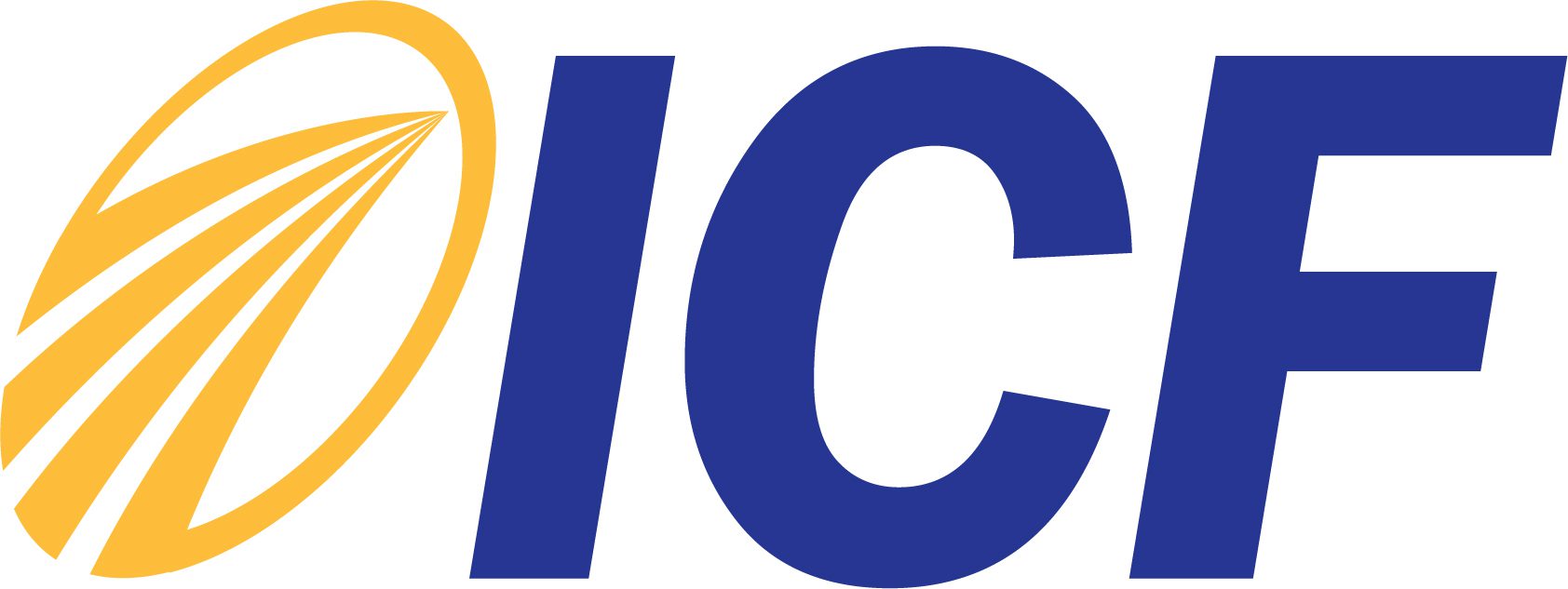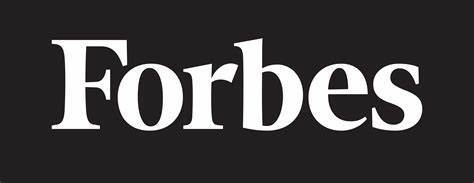How do you want to be seen in an executive job interview? You probably want your potential employer to see you as confident, genuine and commanding. Then why do we, all too often, approach the job interview with dread, execute it with anxiety, and leave it with regret? The stakes are high and we don’t present our best selves and we don’t achieve our desired outcome. Then, we end up replaying the job interview in our head, punishing ourselves with thoughts like “I should have said this” or “If only I’d done it that way”.
Harvard Business School professor Amy Cuddy explores this phenomenon and its association with power. In her new book Presence, Cuddy – a social psychologist – teaches us how to use simple techniques to liberate ourselves from fear and anxiety in high-pressure situations such as the job interview. She demonstrates that simple tweaks to your body language, behaviour, and mind-set can help you to perform at your best, and connect with and empower others to do the same. Here are three strategies that you can begin using right away:
Focus on the process
In high-pressure moments, it’s easy to attribute far too much importance to the outcome, instead of focusing on the process. When our attention is on the significance of winning that job – or what will happen if we don’t – we can become increasingly concerned over the impression we’re making on others, heightening our anxiety.
You might think that senior executives should be immune to this kind of response, after all, they’re proven leaders -powerful, capable and successful. But think about this: who fears failure the most? The answer is people who have achieved something. This is particularly true for many senior executives who have been successful in their career and now find that their job search is taking longer than they expected and suddenly they’re feeling a loss of self-confidence and a sense of powerlessness. Months earlier, those same executives would have told you with conviction that it will be easy to attract recruiters’ attention with their years of experience and specialist skills; they will land a new job in no time.
If you’re a senior executive with interview anxiety, you might feel like you are alone in your experience. If you’re nervous, remember that everyone has felt this way. In fact, you’re doing something that matters to you so it makes sense that you might feel a little nervous. Cuddy suggests we acknowledge this feeling, tell your interviewer that you’re feeling a little nervous because this is a big deal for you and you’re really excited to meet them, they will relate.
Harness your personal power
There are two kinds of power: social power which is gained through having a powerful position and influence over others, and personal power which is characterised by freedom from the dominance of others and is about our own inner resources. We can have one without the other. Cuddy tells the story of Stefan, a successful financer who wields a great deal of social power – he makes decisions about whether or not to invest in companies that seek funding. Despite his position of power, Stefan finds himself lacking confidence when meeting with CEO’s who are usually older than him. This is what social power without personal power is like. However, Cuddy explains “by accessing our personal power, we can achieve “presence,” the state in which we stop worrying about the impression we’re making on others and instead adjust the impression we’ve been making on ourselves.” Cuddy goes on to share a simple exercise that has been shown in hundreds of studies to reduce anxiety dramatically and help you tap into your own personal power:
Affirm core values
Before your job interview, list five values that are really core to who you are (such as family, helping people, etc.) and rank them. Choose the top one – the one that’s most important to you – and write about why it matters to you. Then, write about a time when you were really able to express that and how it felt. Even though the exercise might seem unrelated to the task at hand, it will help you remember what you personally have to offer. As Cuddy explains, this is “a way of grounding ourselves in the truth of our own stories. It makes us feel less dependent on the approval of others and even comfortable with their disapproval, if that’s what we get – you become better at whatever the challenge is.” This is about showing up and being authentic, presenting your best self.
Lead with your physical presence
“Our non-verbals govern how we think and feel about ourselves. Our bodies change our minds,” says Cuddy. Opening up and acting as if you are feeling safe tells your mind that you’re okay. In her TED talk, Cuddy discusses “power poses” which she describes as expansive and open body language — you take up a lot of space and hold your arms and legs away from your body. Think of a powerful person you know… what is their body language like? How do they hold themselves? How do they move? You will notice you feel more confident as you mimic their body language.
Importantly, studies show that power posing before an interview has a significant effect on performance. Just a couple of minutes of power posing results in increased testosterone, which is the dominance hormone, and reduced cortisol, which is the stress hormone. So before you head into an interview, take two minutes to throw your hands in the air and widen your stance. Think superhero style. Once you are in the interview, feel free to take up space. Present yourself with strong, open posture and not only will you be seen as confident, but you will feel it too.
Using these techniques won’t guarantee you get the job, but it will certainly help. Think of your next job interview this way: your job is not to get the job. It is to present your true best self and show them who you are.
We help our clients prepare for their most important job interviews. If you would like to find out how we can help you to perform at your best in your next interview, contact us here.

